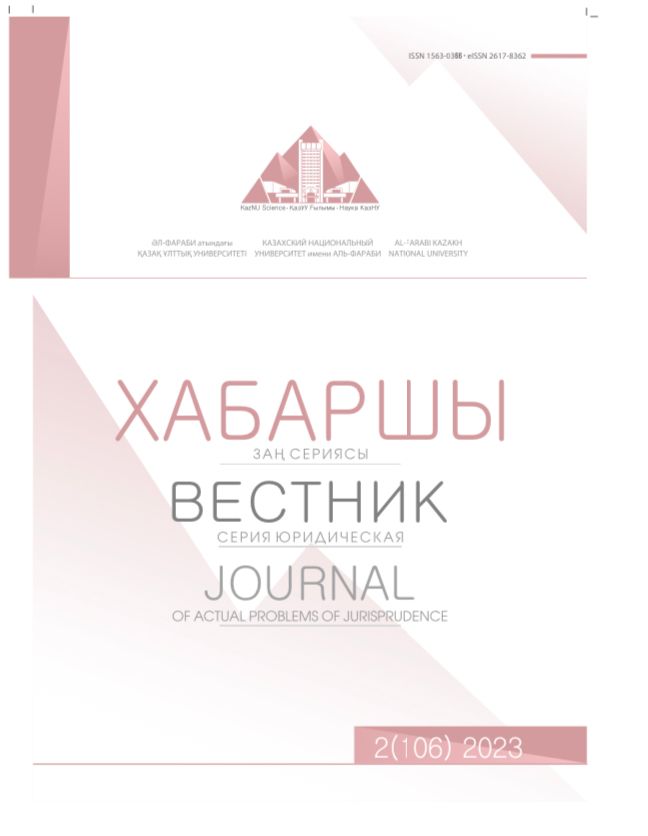Latest trends in the development of special economic zones: constitutional regulation, legislative delegation and organizational independence
DOI:
https://doi.org/10.26577/JAPJ.2023.v106.i2.03Abstract
Special economic zones (SEZ) proved themselves as an effective tool for the countries to attract foreign direct investments into the national economy. Although, despite the fact that their number and variety is increasing worldwide, special economic zones in the financial sphere seem to be the platform for the most innovative and comprehensive experiments to be tested in Asian continent. In the early 1980s the China started an economic reform and after conducting the investigation, the state leadership decided to apply several bold decisions, including organizational decentralization of the local SEZ administration as well as legislative delegation. Later, given measures were supplemented with the constitutional reforms. The desired results were not long in coming and the new generation of autonomous SEZ in financial sphere continued to be created in China. Two decades later, states from the Gulf region presented a similar yet modified method of developing SEZ with a comprehensive organizational framework and legislative autonomy resembling the concept of the ‘state within a state’. Whereas the latest country adopting Gulf experience is the Republic of Kazakhstan which employed similar strategy and established an Astana International Financial Center financial center in the capital of the state. Overall, important lessons to be learned from the successful special economic zones in the financial sphere are the organizational autonomy, legislative delegation, implementation of the common law principles and constitutional regulation of all the mentioned policies.
Keywords: Special economic zones, constitutional reforms, legislative delegation, organizational autonomy, common law, Astana International Financial Center.



